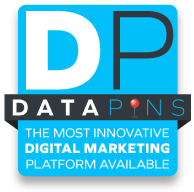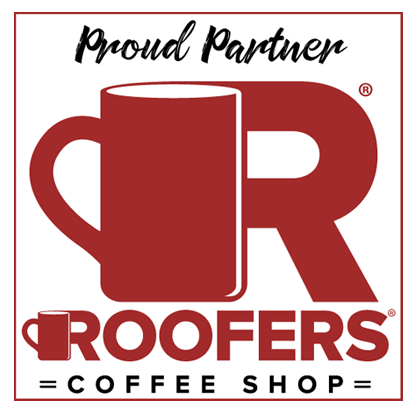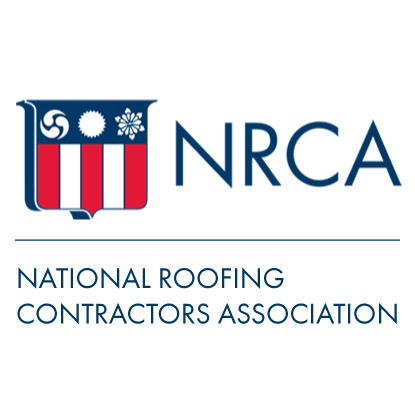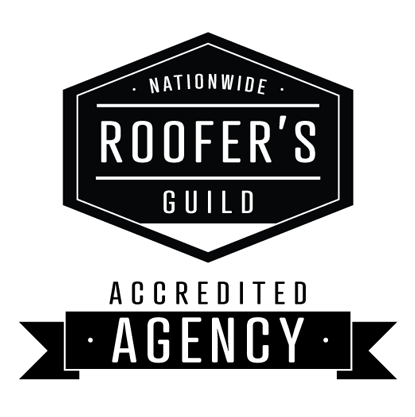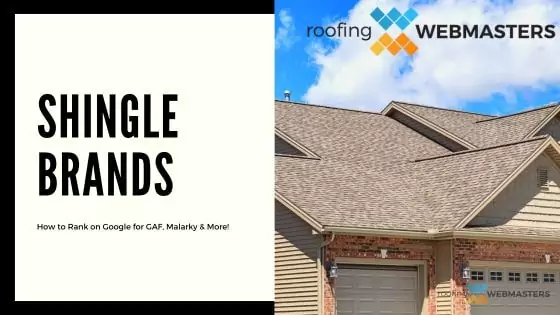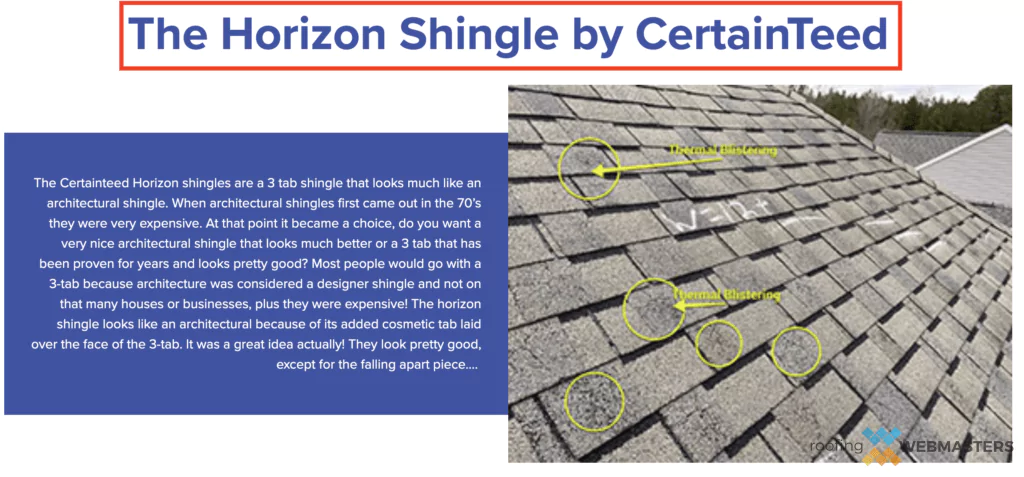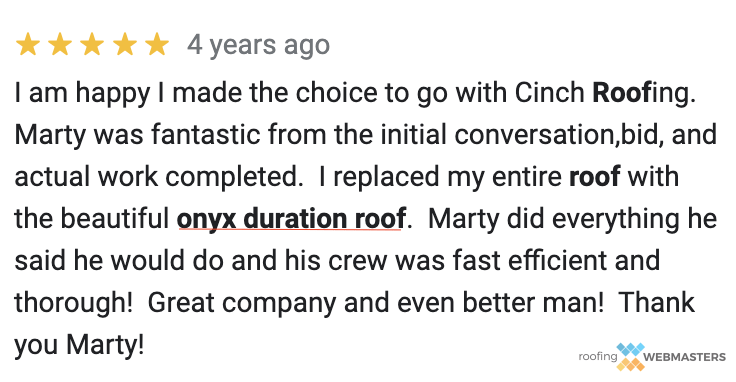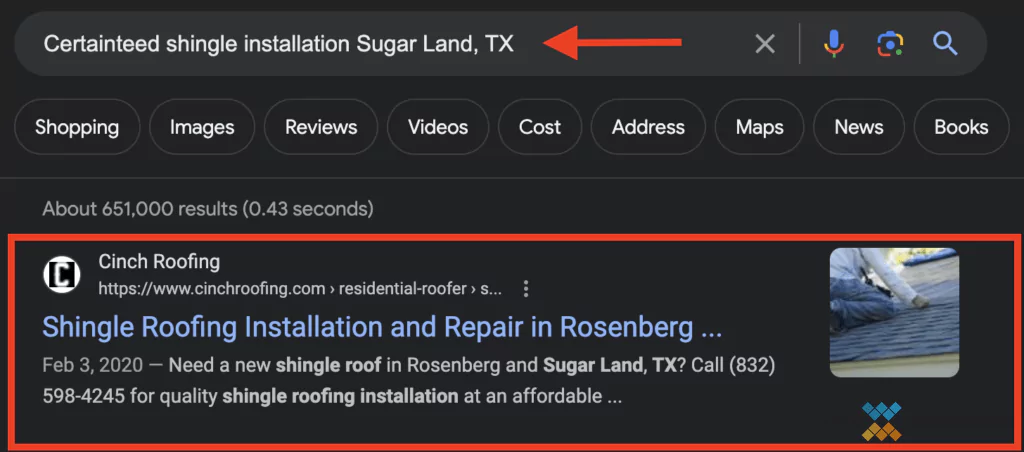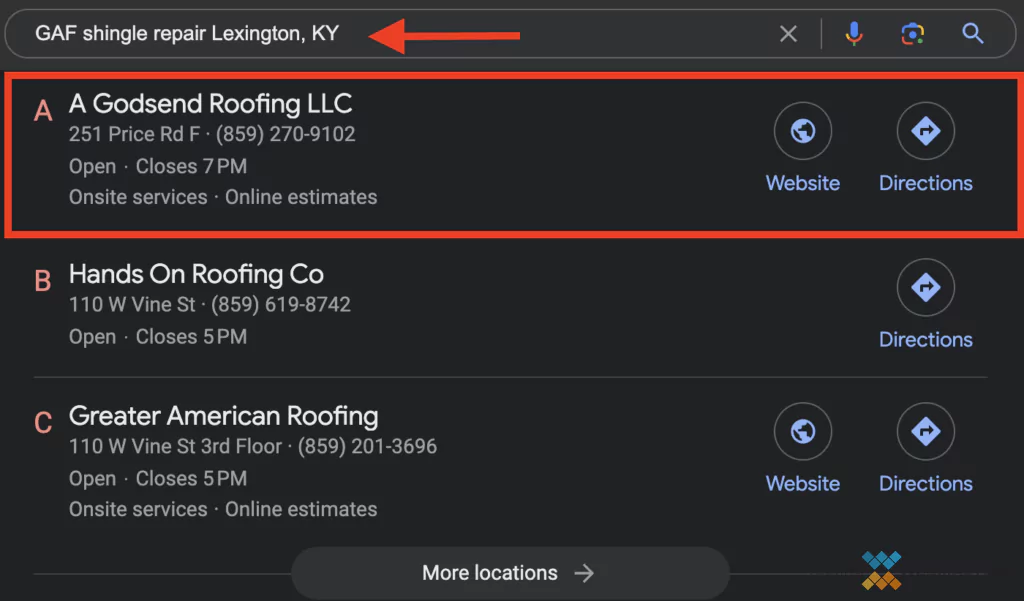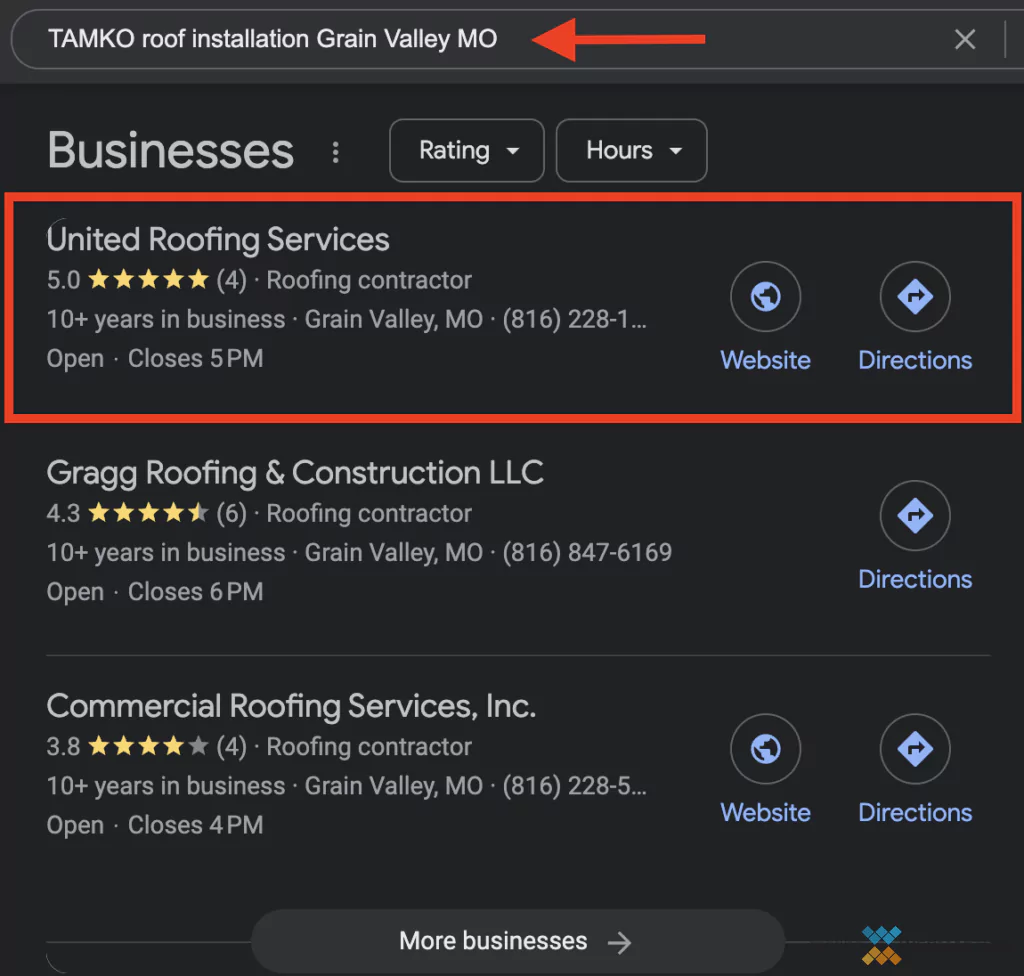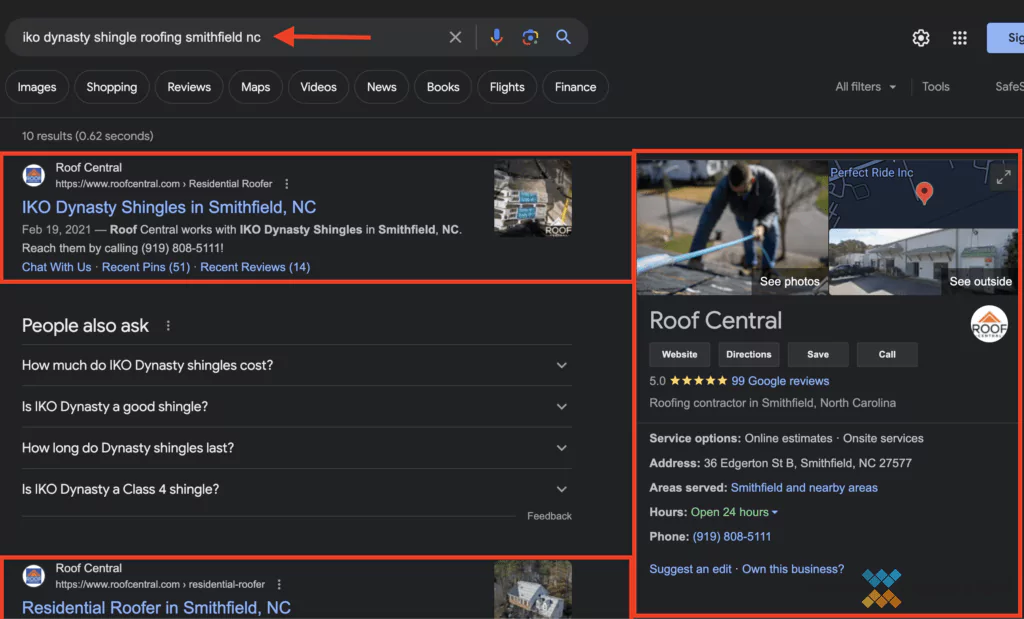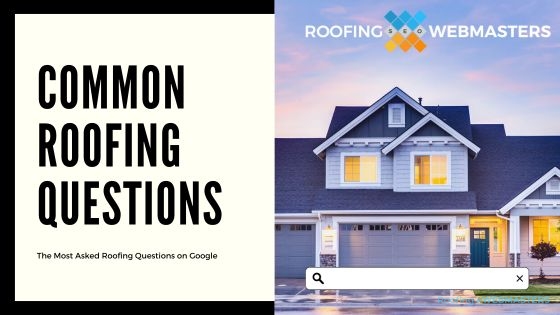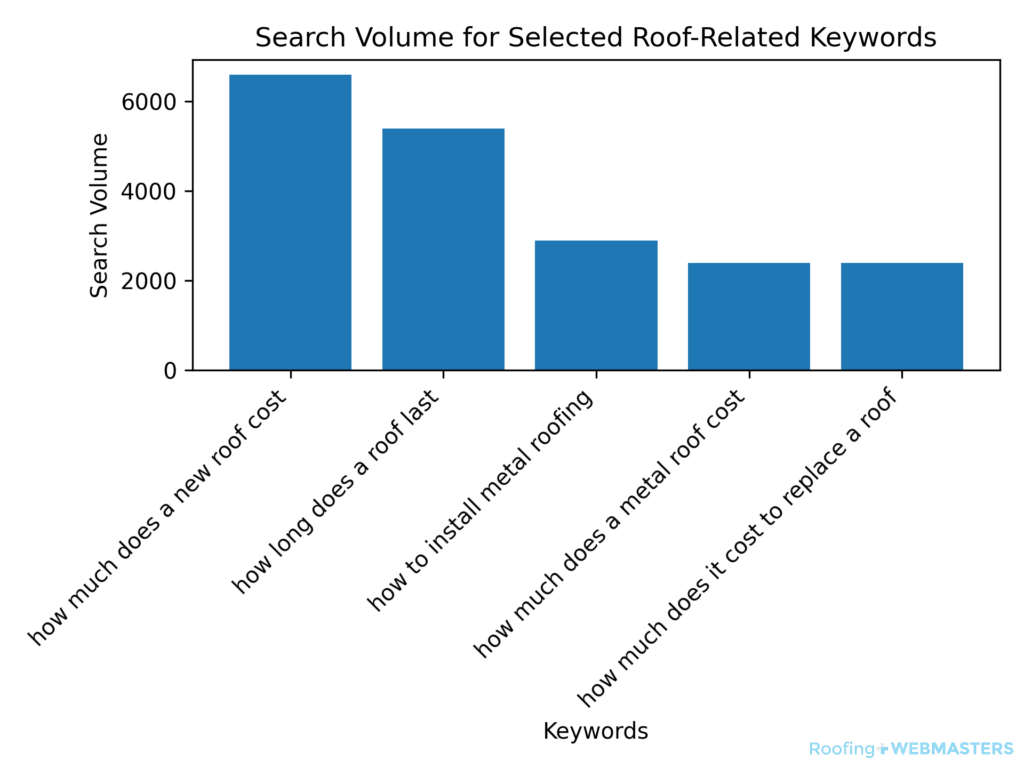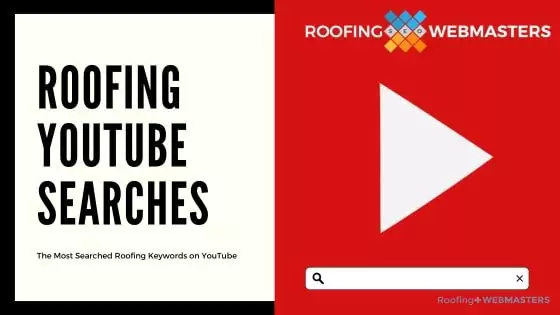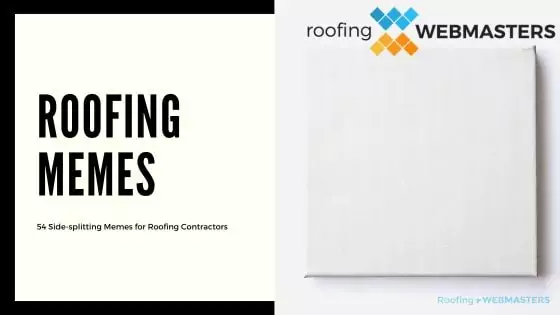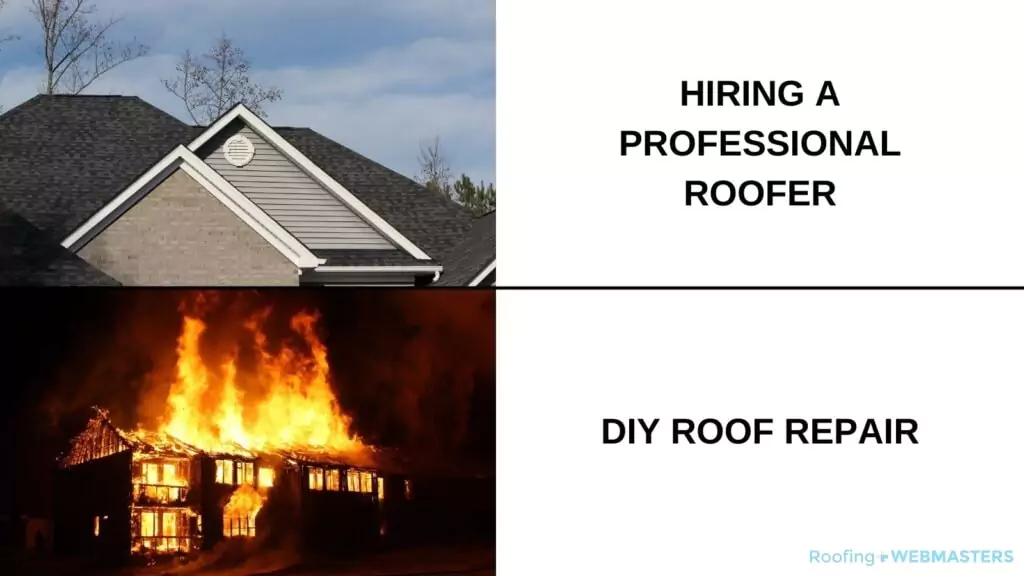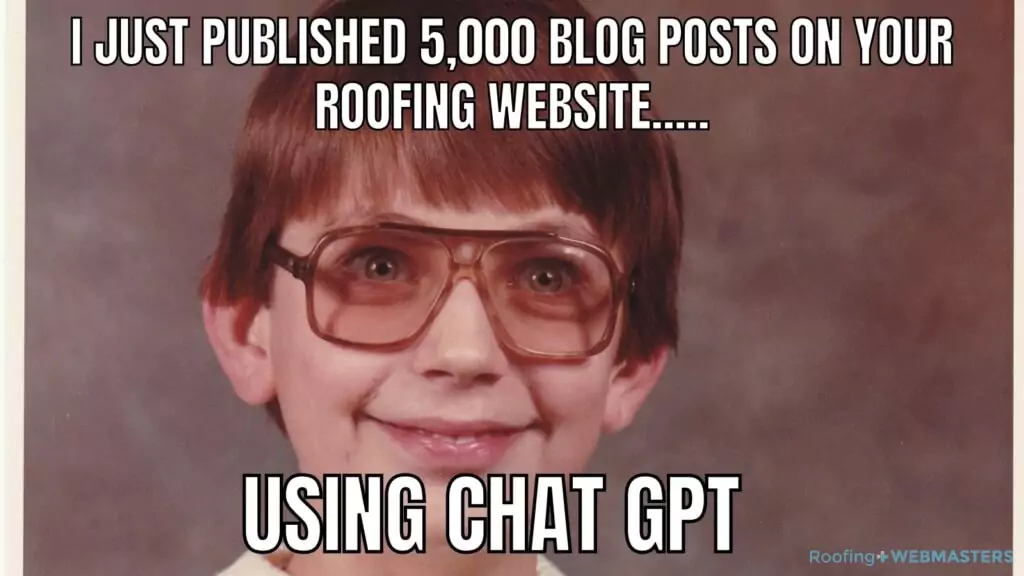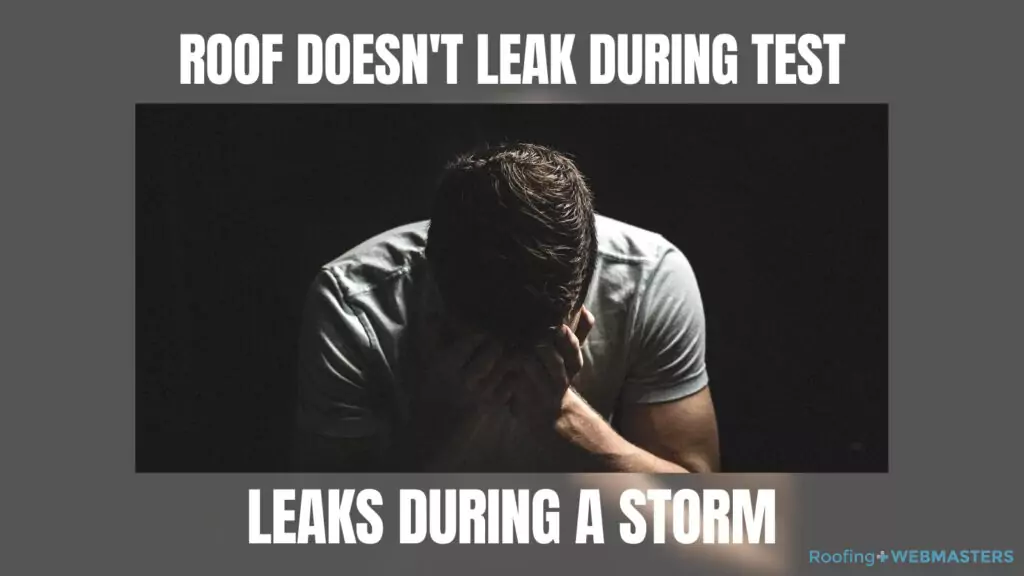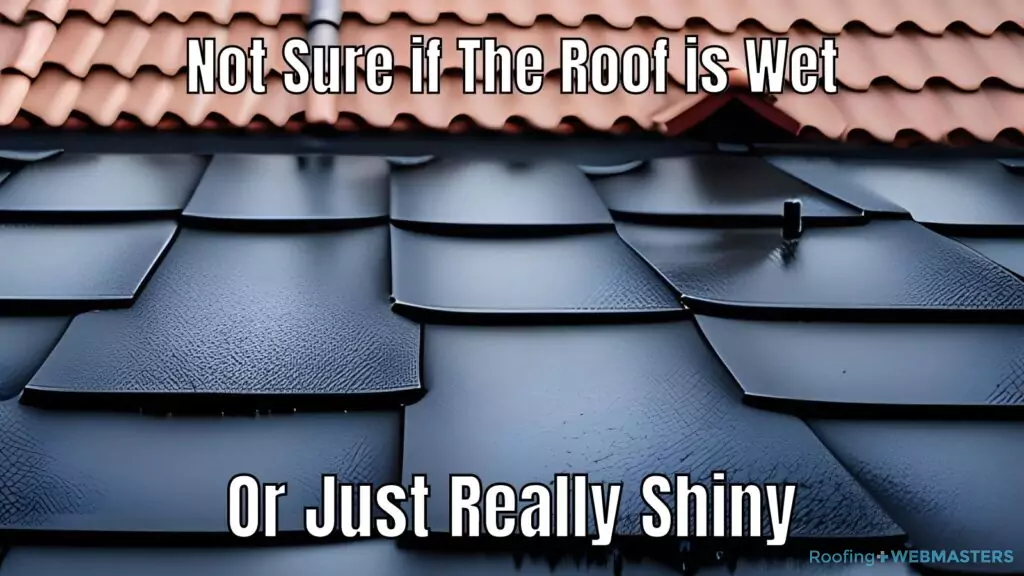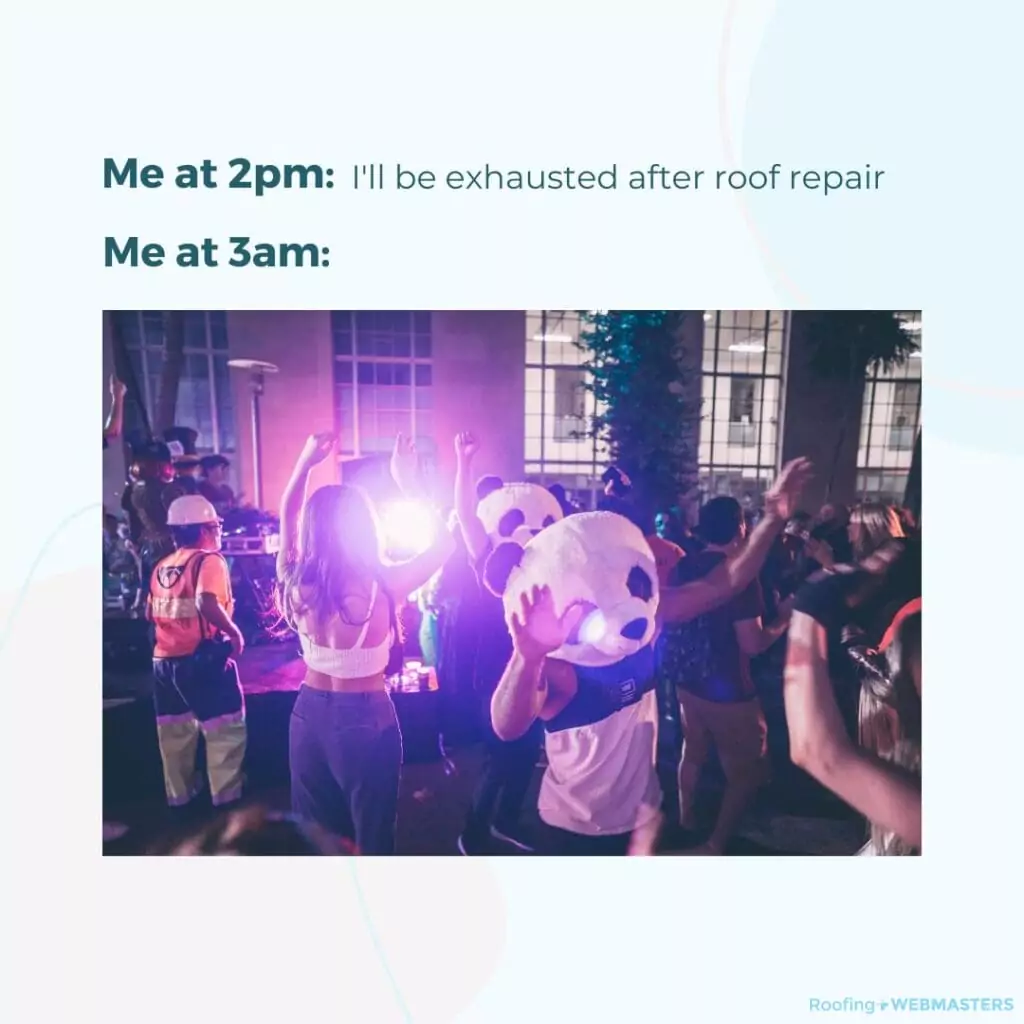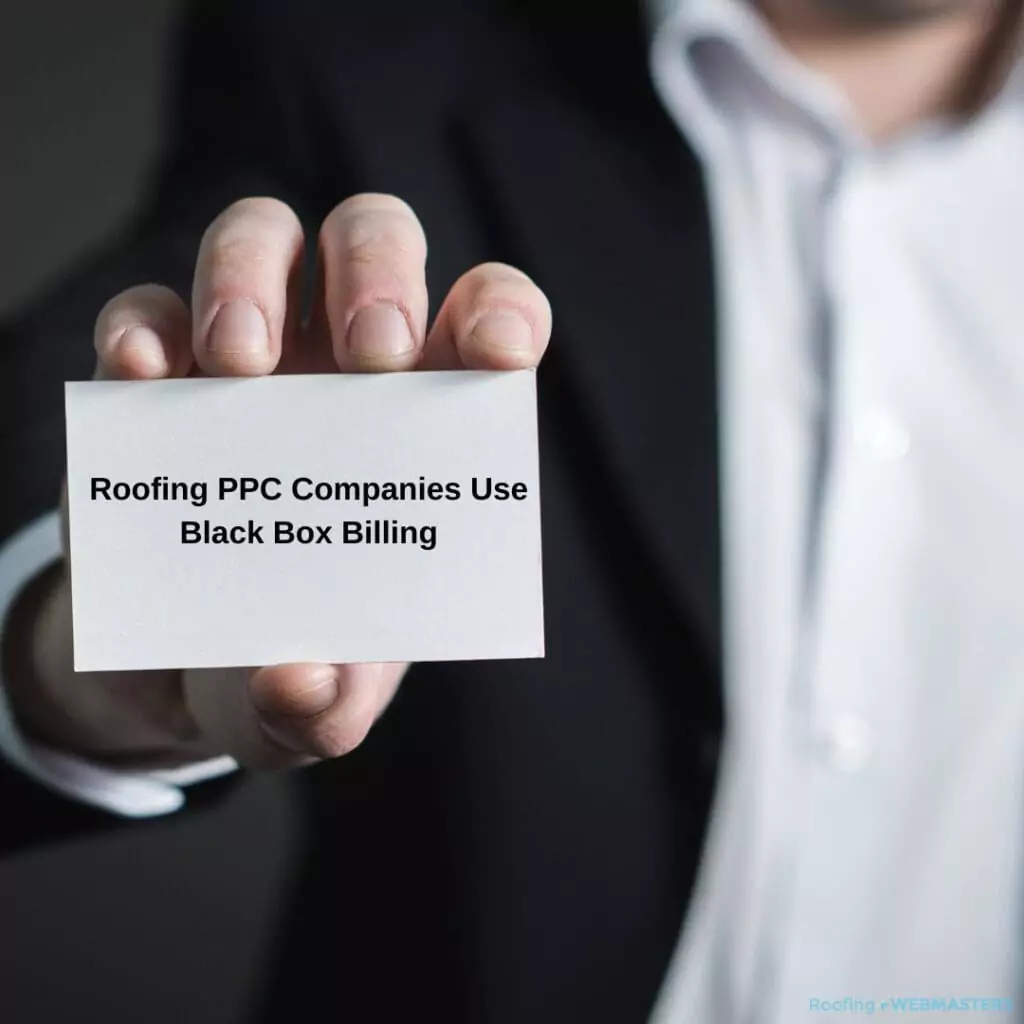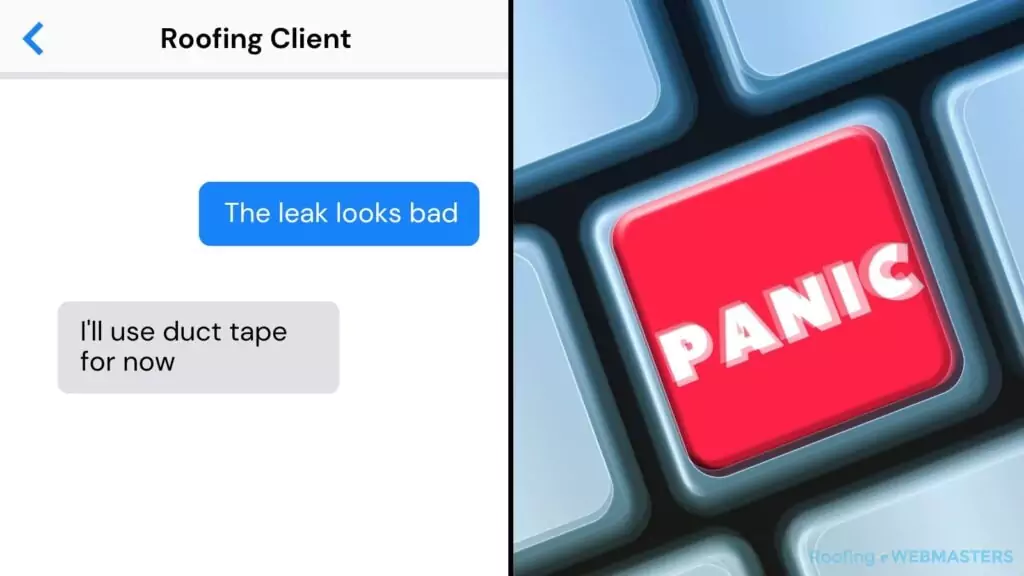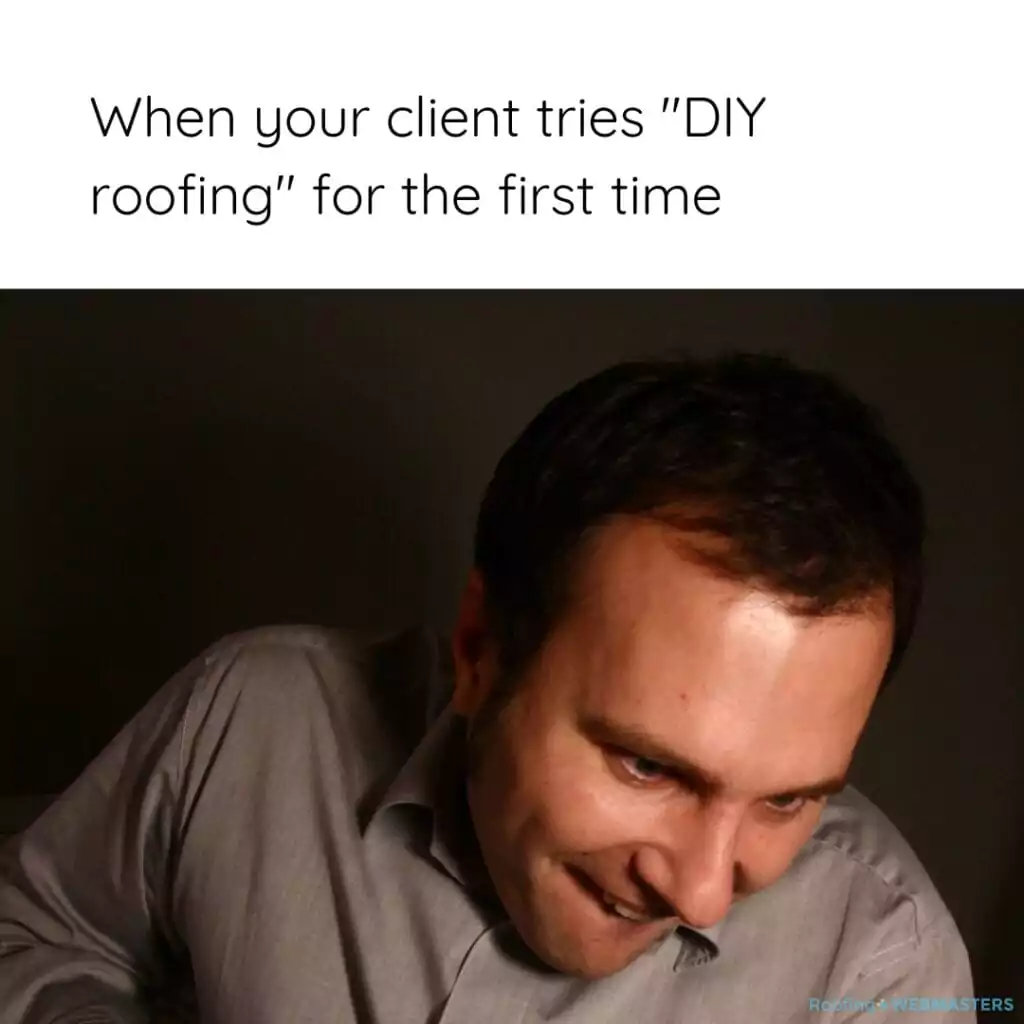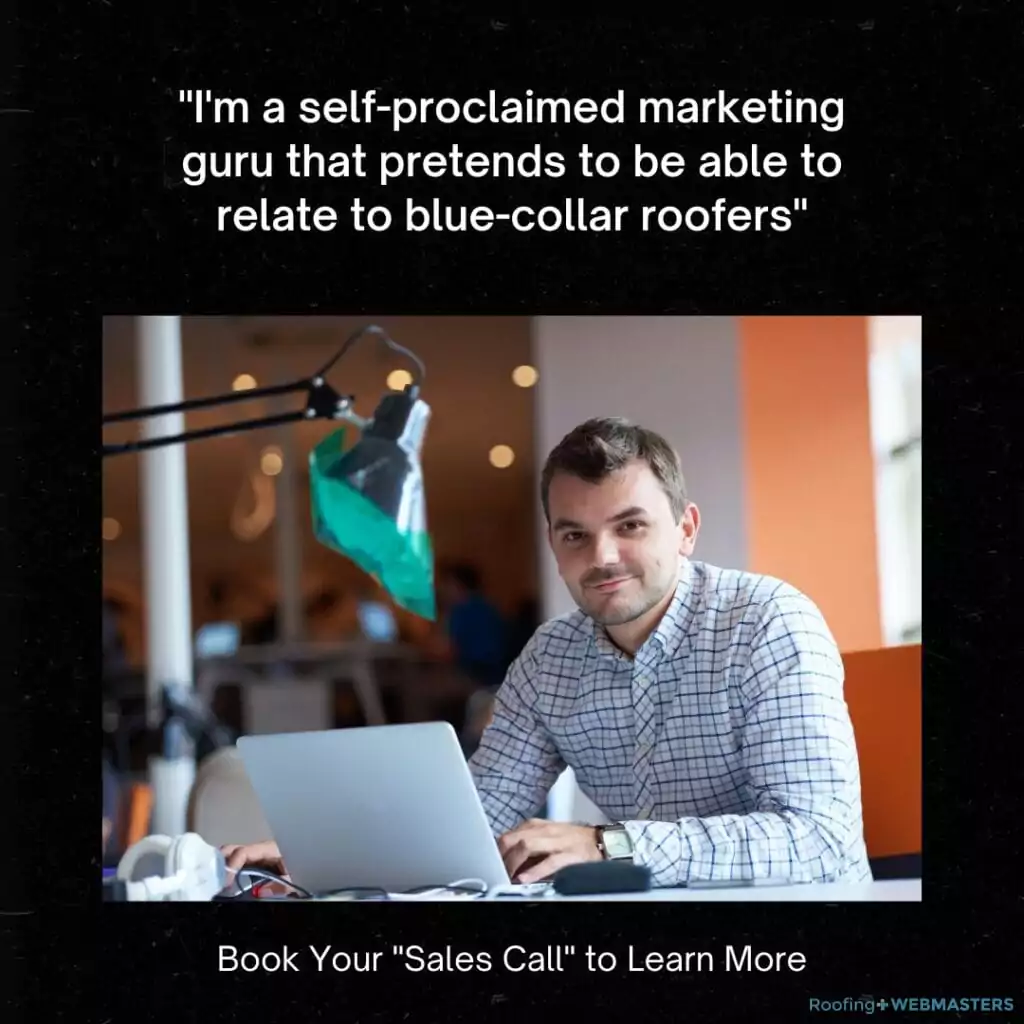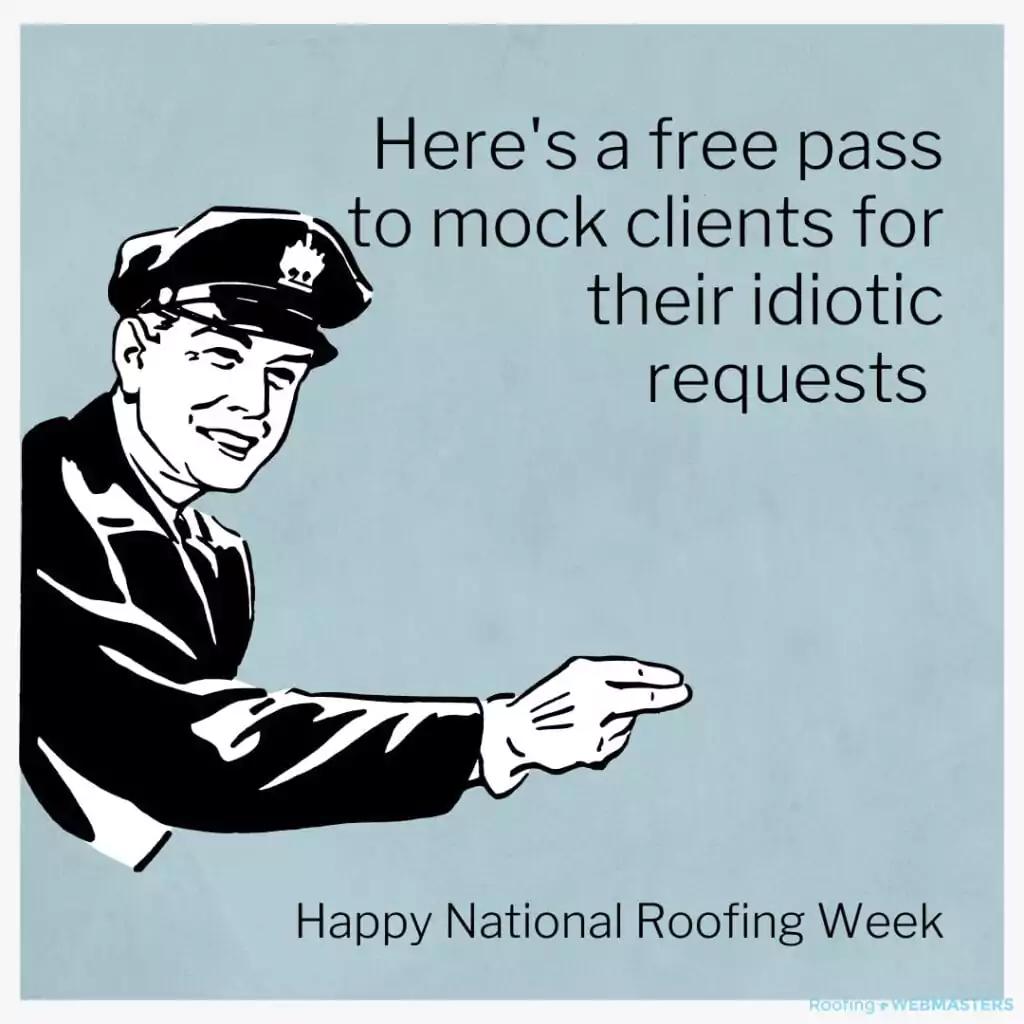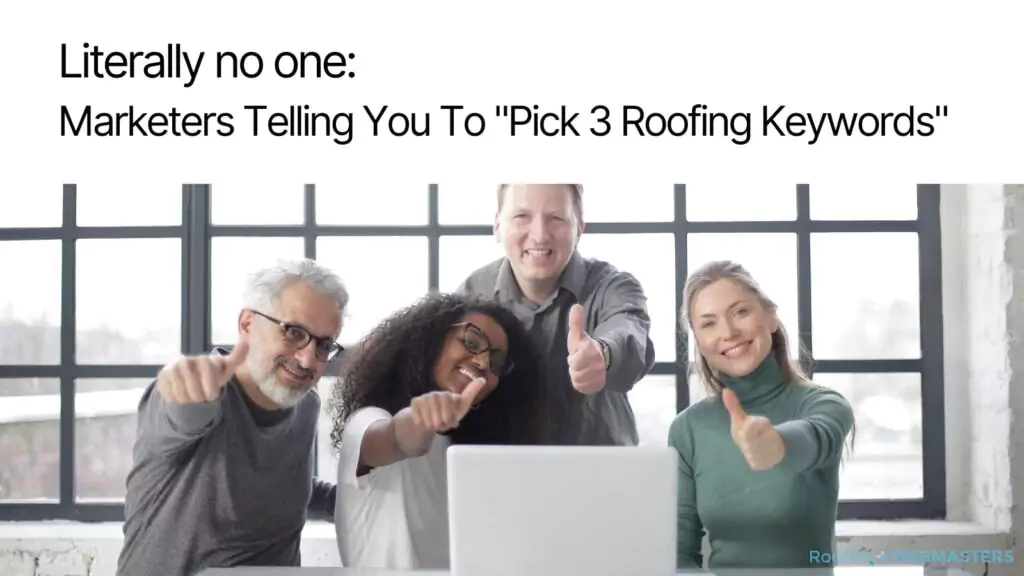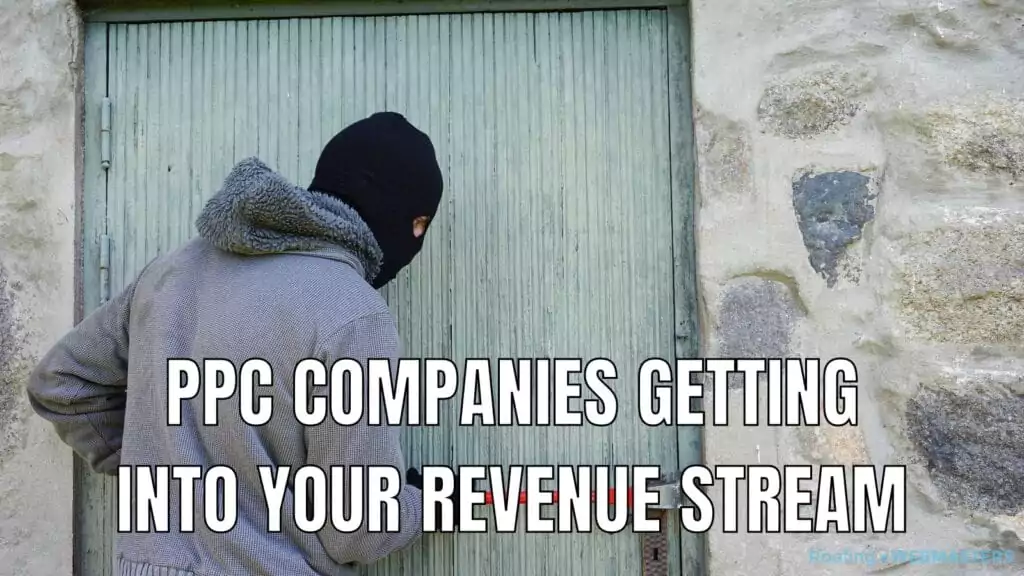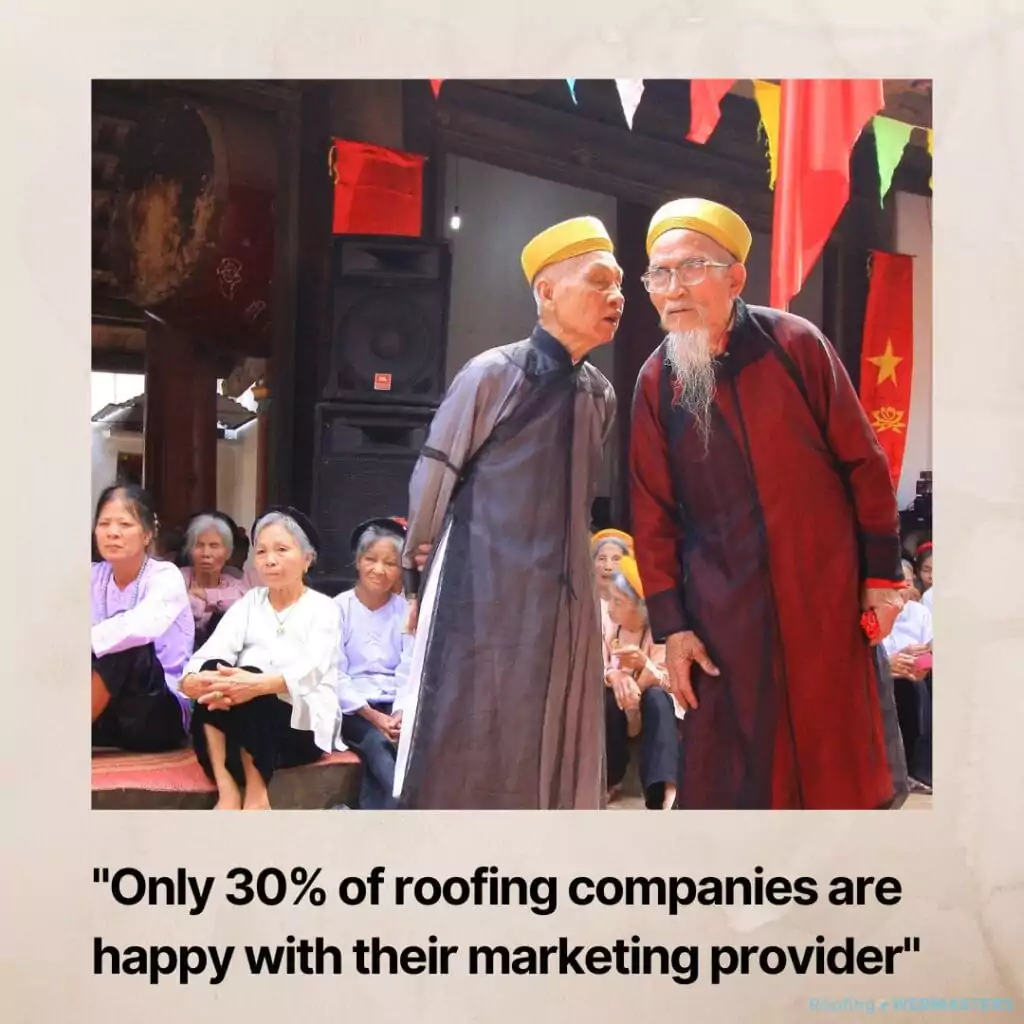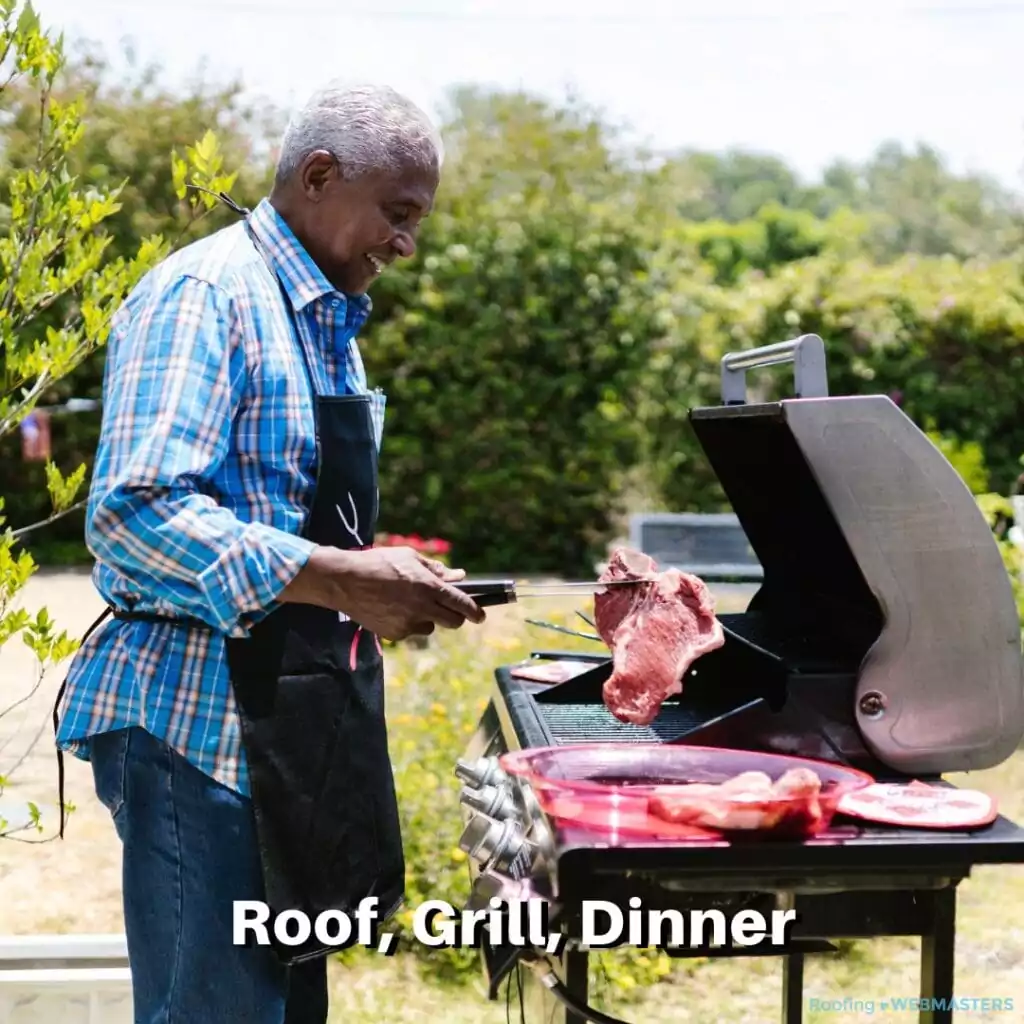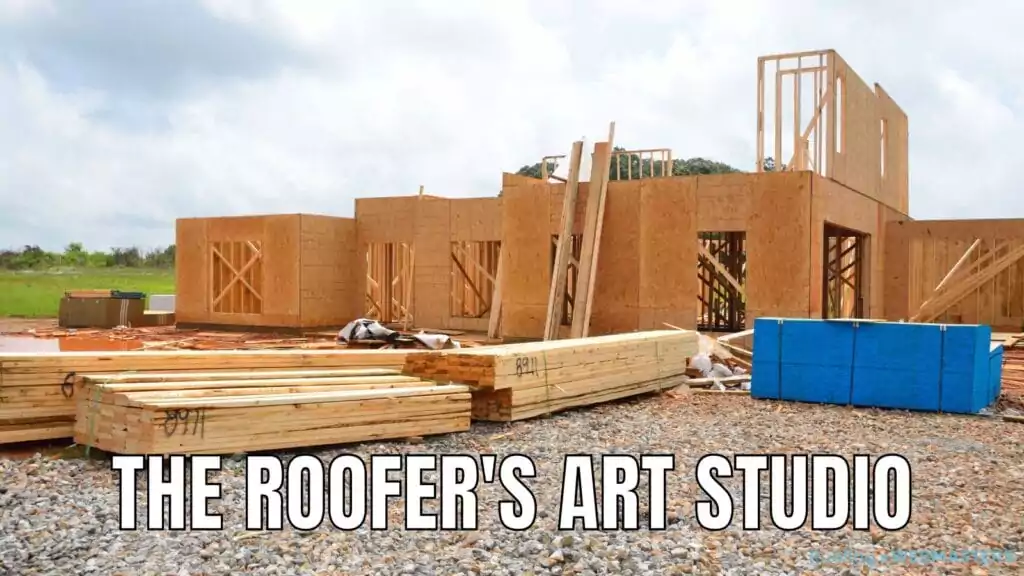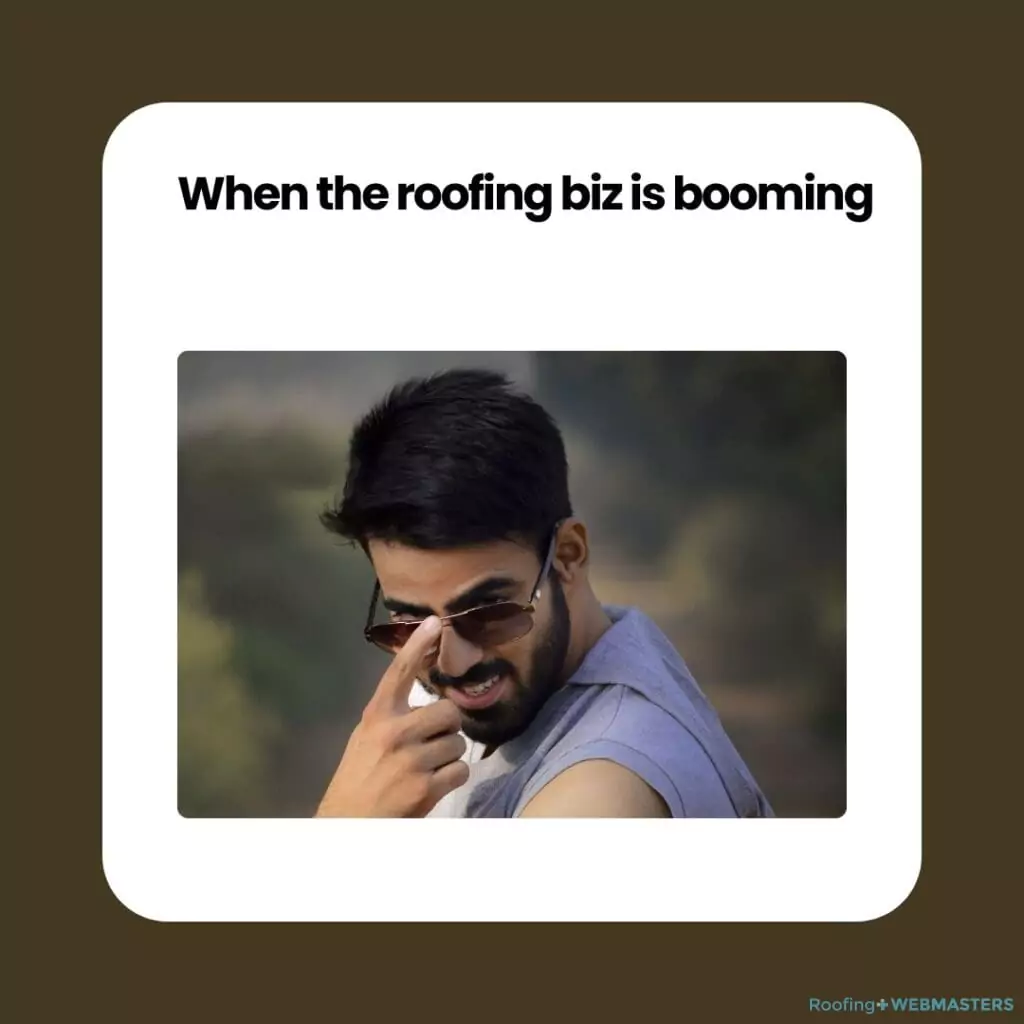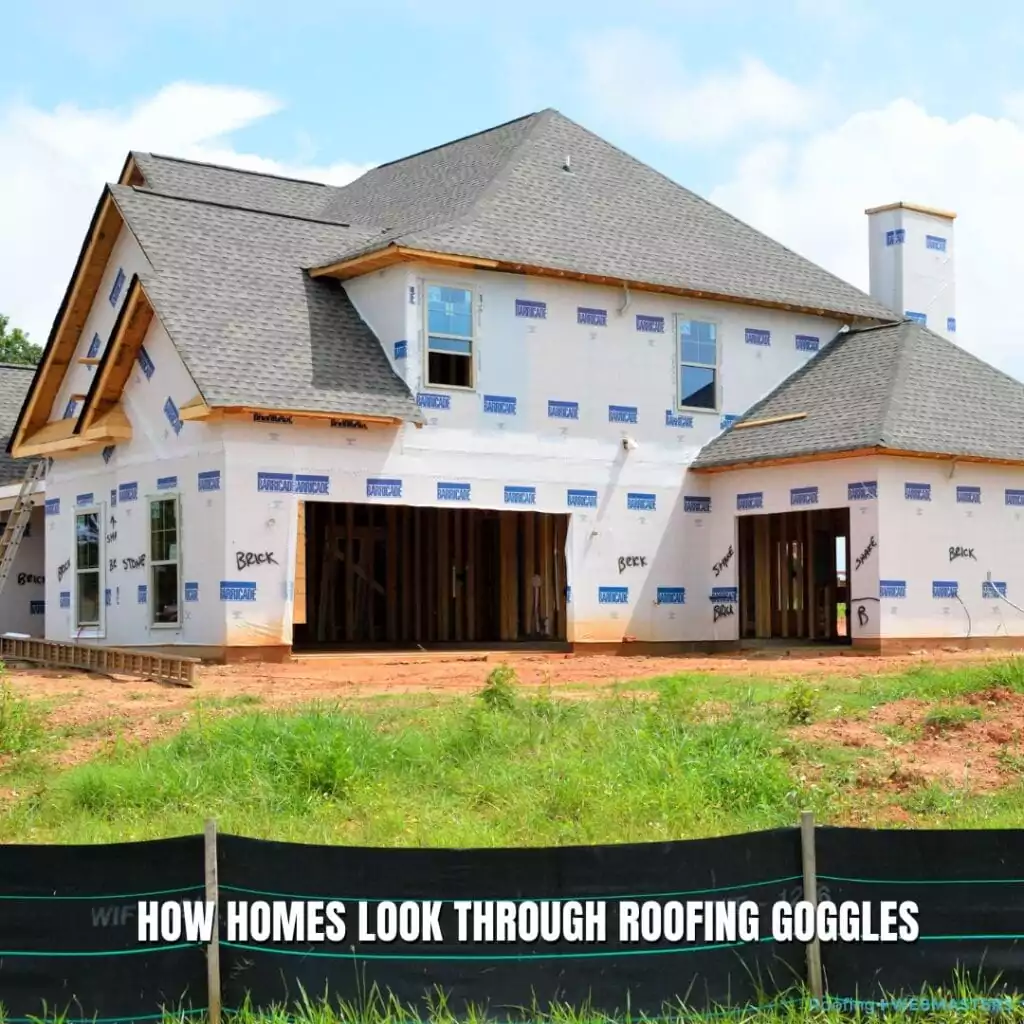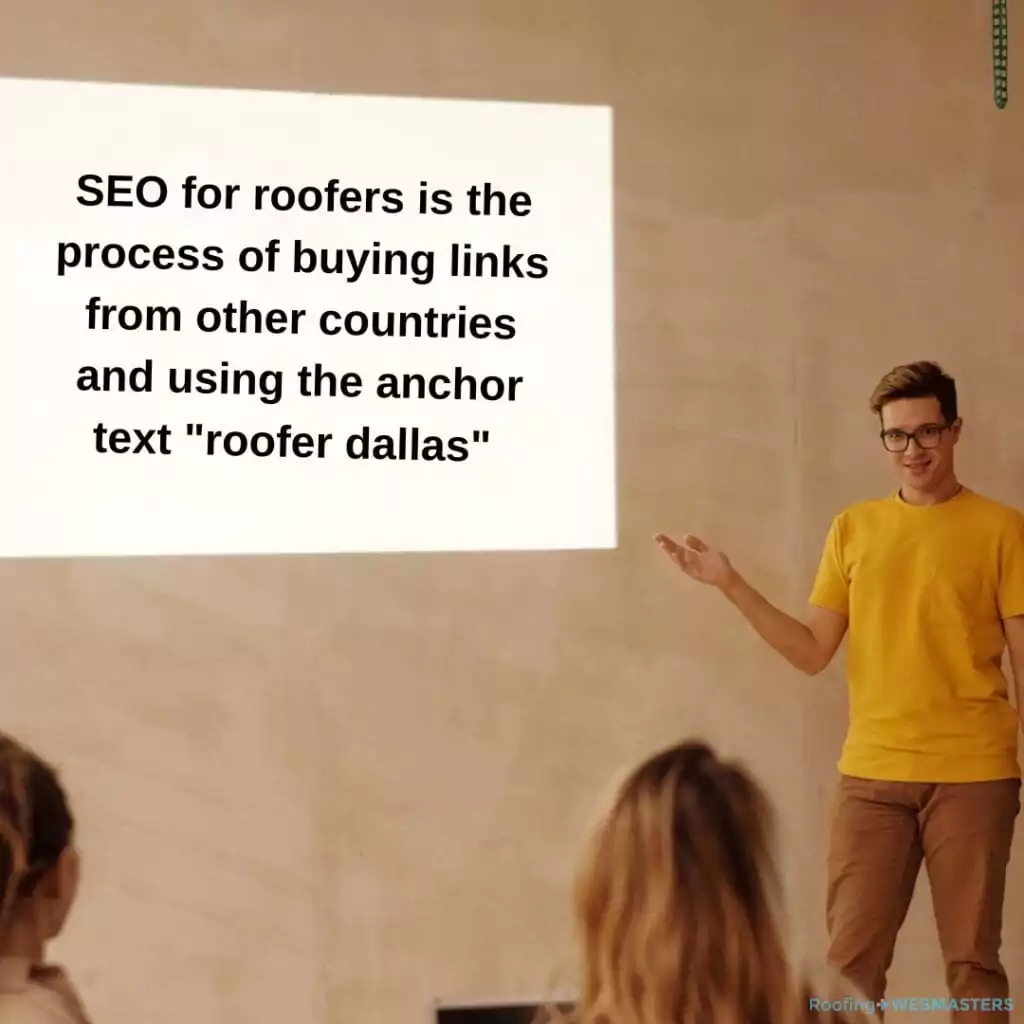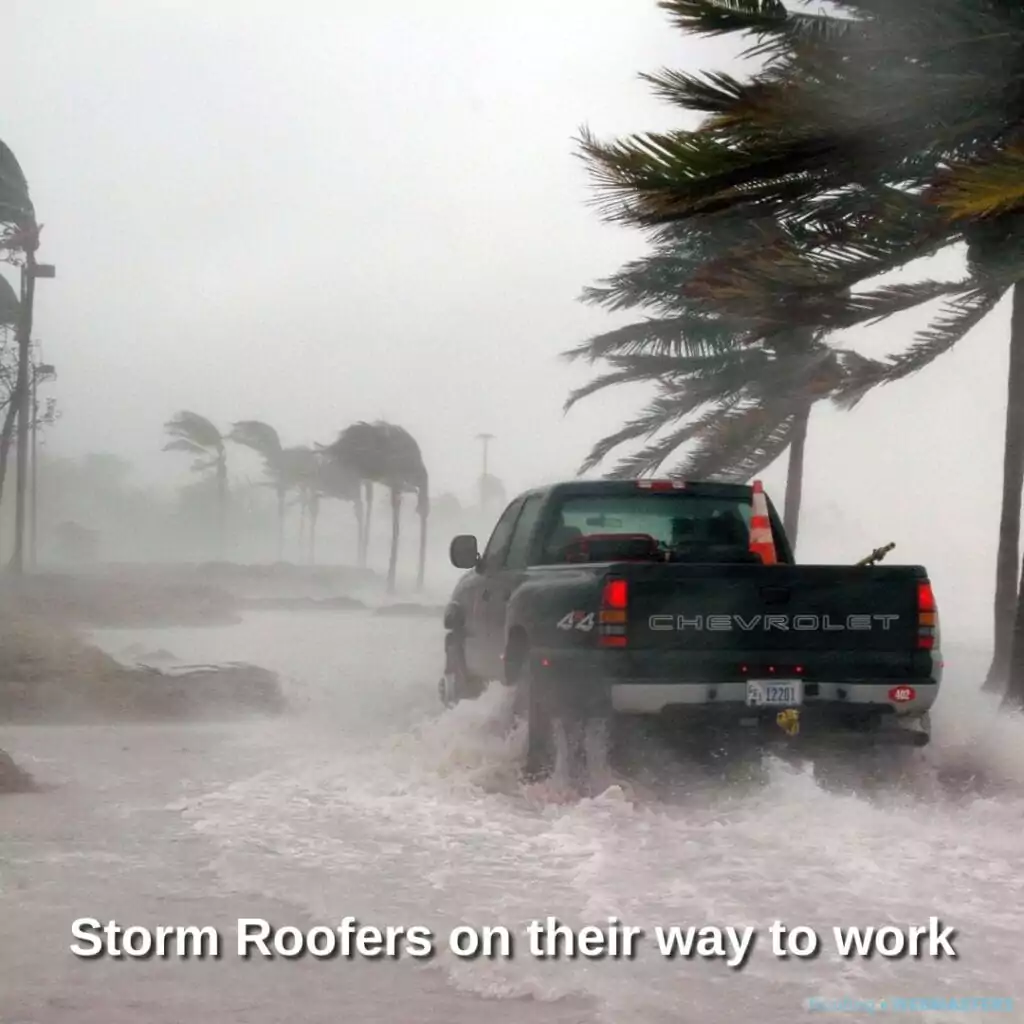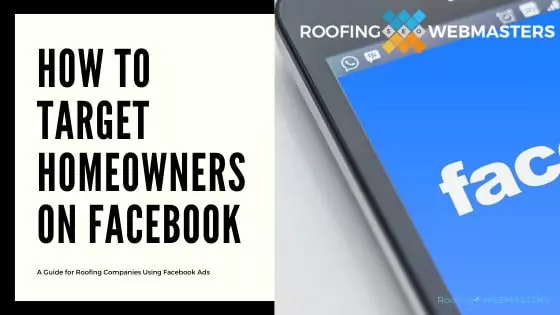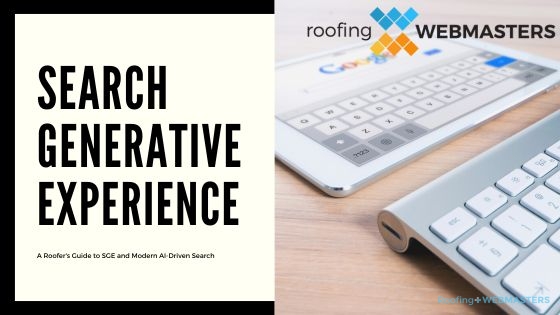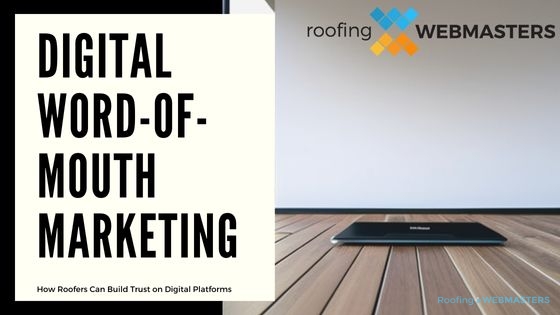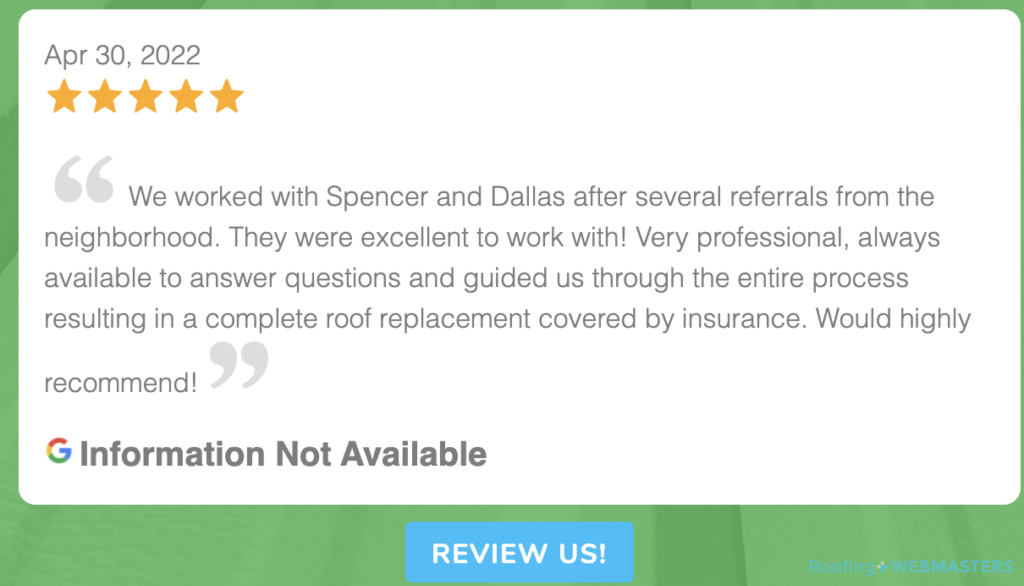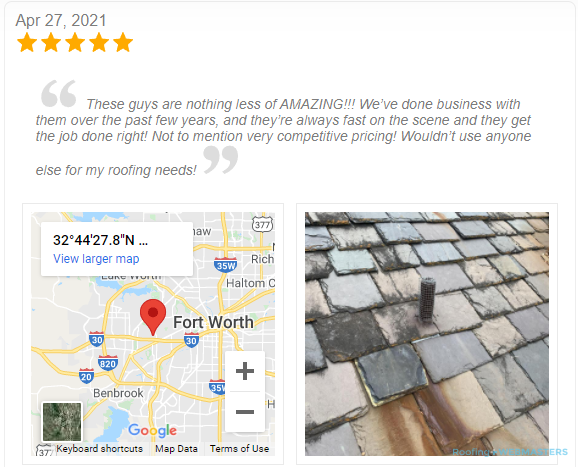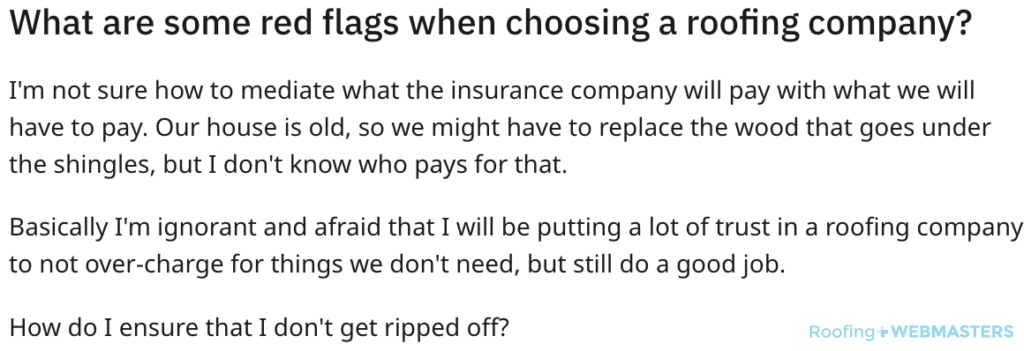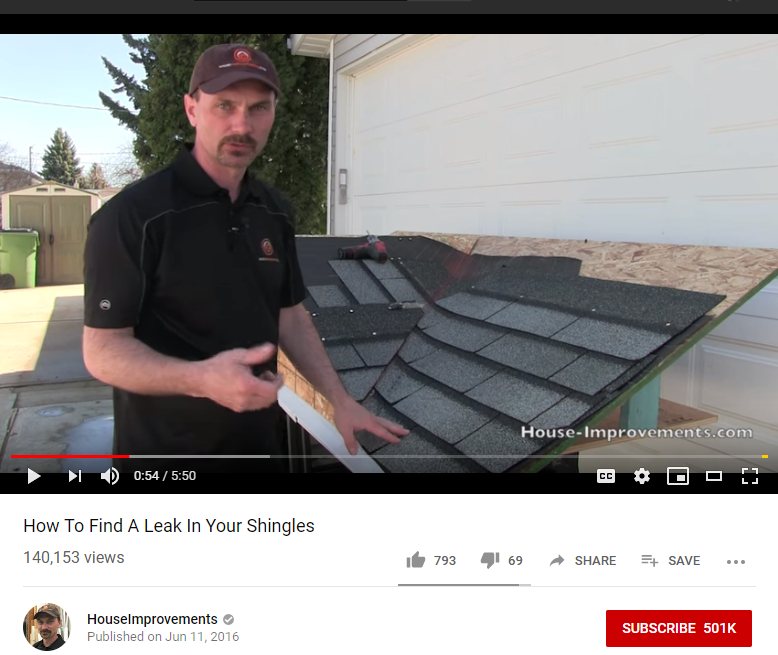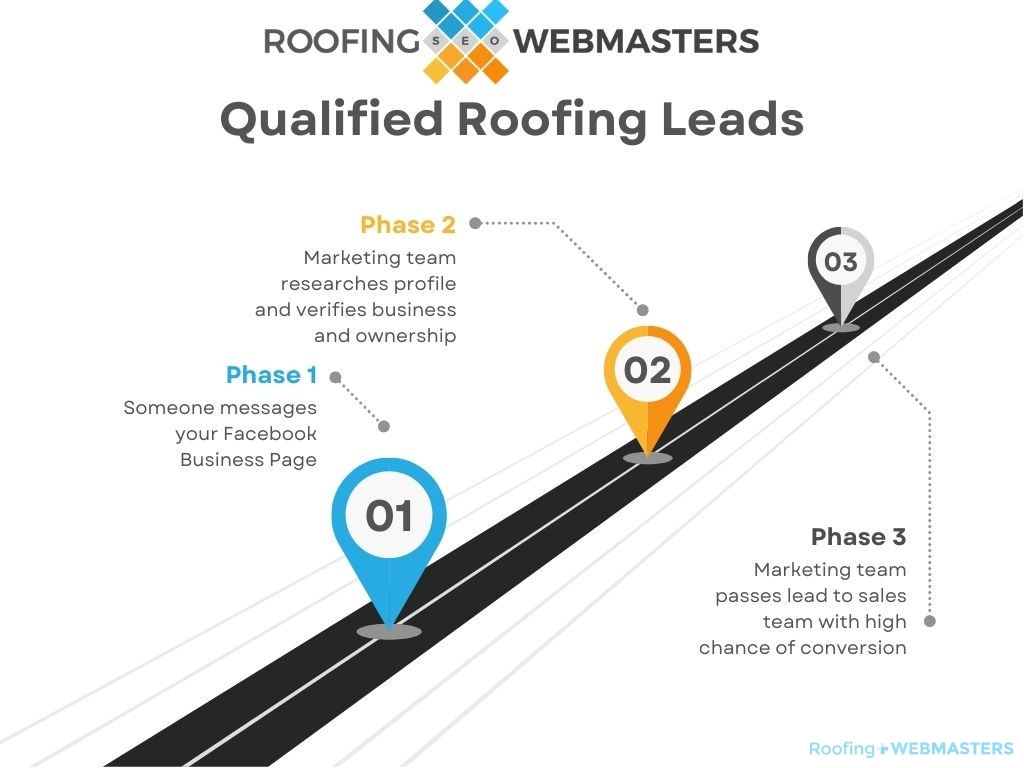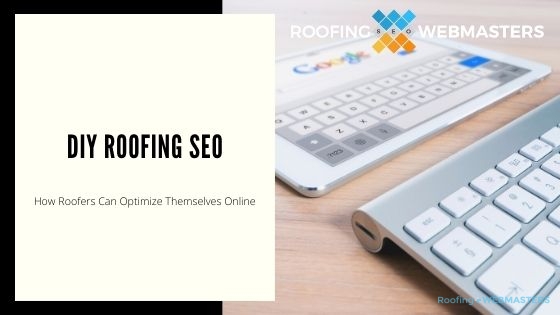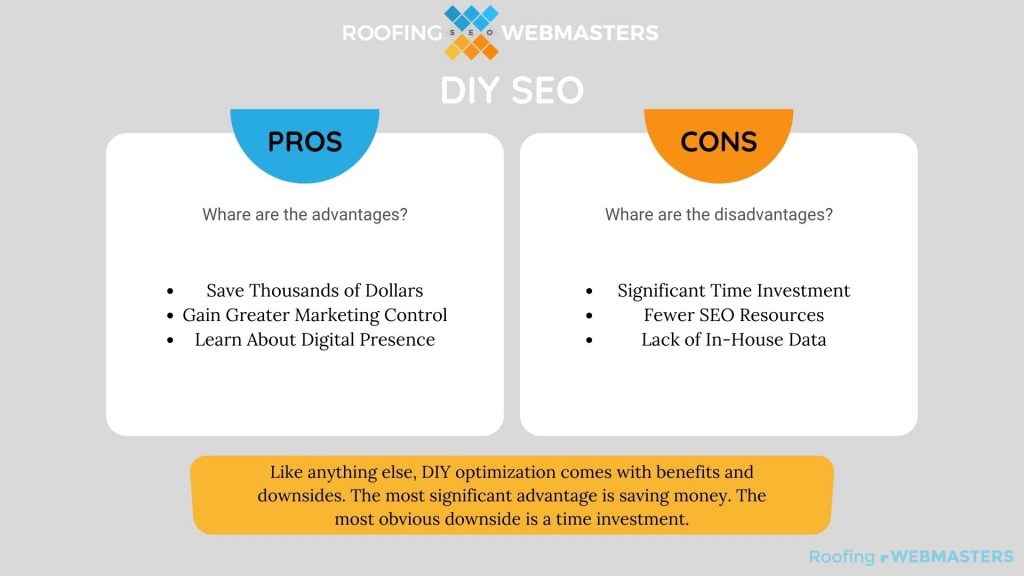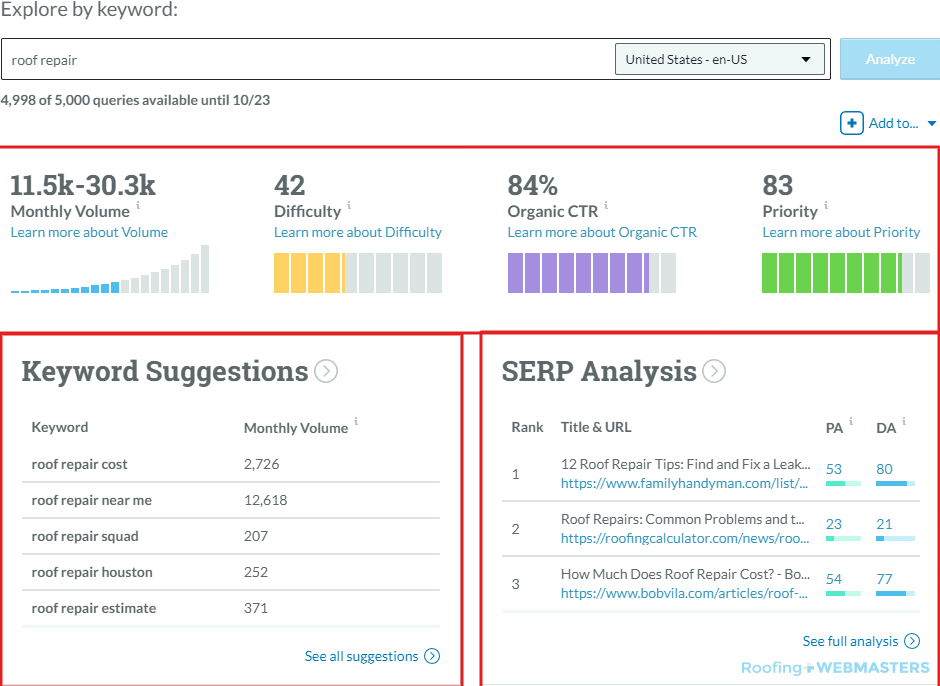Link building for roofers is the process of acquiring backlinks for your roofing company website to improve its authority and rank higher on search engines.
Generally speaking, when a third-party website links to your site, it acts as a vote of confidence within Google’s algorithm.
However, like with real-life endorsements, the source’s reputation, credibility, and relevance to your industry heavily influence its impact.
Additionally, advancements in Google’s algorithm make building SEO-friendly links more challenging for roofing companies.
The weighted impact of backlinks on SEO may have also decreased in recent years, as Google has stated that links are no longer a “top 3 ranking factor.“
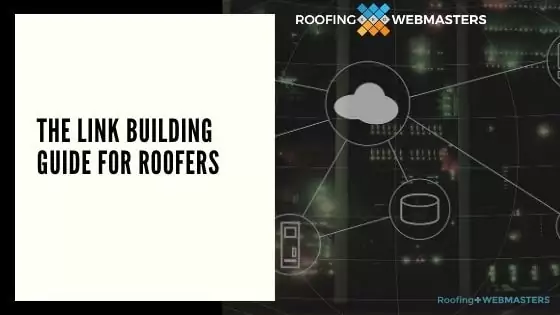
The Impact of Link Building on Roofers
Roofers looking to rank higher on Google Search or Google Maps can still benefit from link building.
Credible sources confirm that Google’s search algorithm still considers backlinks when ranking a website or web page.
For example, a local roofing company website with 15 high-quality backlinks will almost certainly outrank a nearby competitor with only one backlink.
As Google’s algorithm has gained nuance and intelligence, more and more caveats come with link building for roofing websites.
For example, Google ignores certain links and penalizes others.
As a result, only links that meet quality and relevance standards will improve your website’s authority, while those beneath such thresholds can directly hinder your efforts.

Higher Google Search Rankings
The direct impact of link building for roofing companies is most evident in organic search results.
We tested this by analyzing the keyword “roofing company denver” inside SEMRush.
As you can see, the ranking positions for this keyword directly correlate to the number of backlinks pointing to each page.
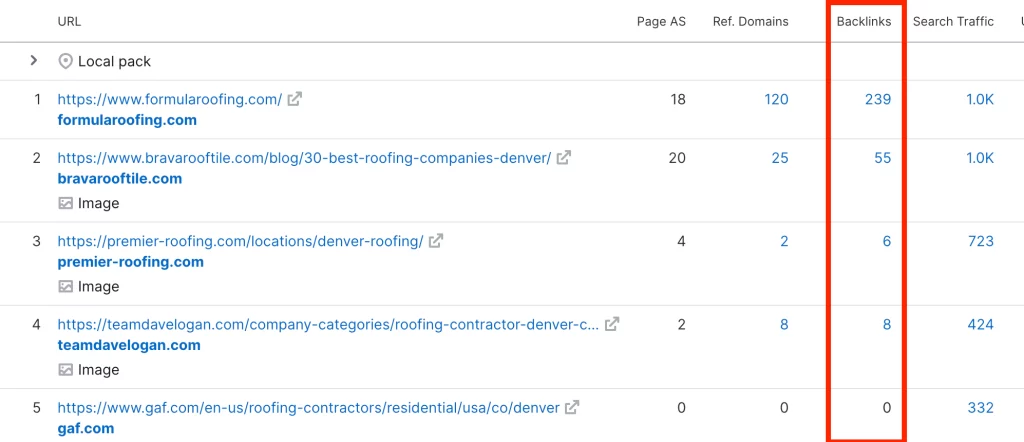
Please note that Google’s algorithm is much more intelligent than a single metric, so these pages meet certain content and UX standards before their backlinks are even considered.
Any page ranking here must also satisfy the user’s need and search intent based on the specific query.
Nevertheless, the correlation between links and ranking position is obvious for roofing keywords.
If you can acquire relevant backlinks, you can outrank a competitor with similar content.
Higher Google Maps Rankings
The correlation between links and Google Maps rankings is less obvious but still exists.
The Google Maps algorithm first considers the distance from the business address to the searcher’s location before considering other factors like prominence and relevance.
Links to your website improve the prominence of your Google Business Profile as long as you include your URL within the website field.
However, backlinks pointing directly to your Google Business Profile do not impact rankings.
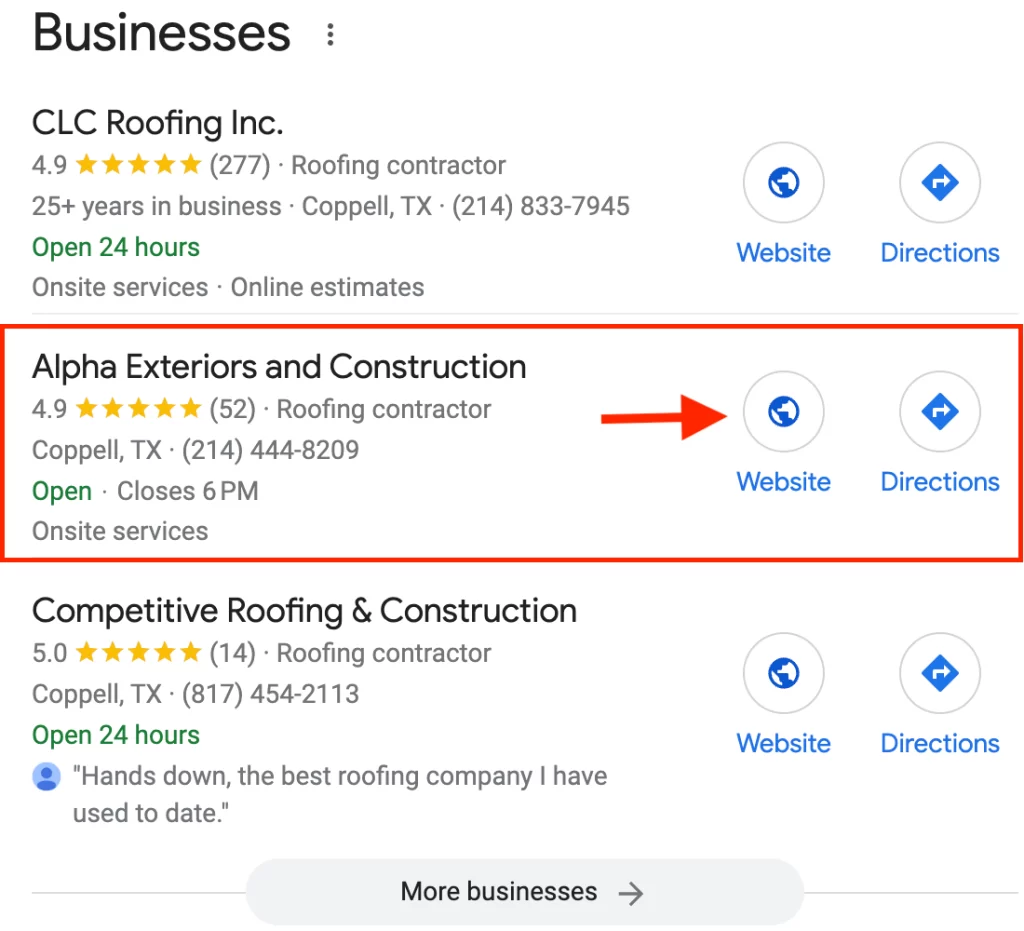
Referral Traffic
A lesser-known impact of link building is referral traffic.
When high-traffic websites link to your pages, people will click through and end up on your website.
This generates a new source of website visitors and signals to Google and other search engines that the link is highly relevant.
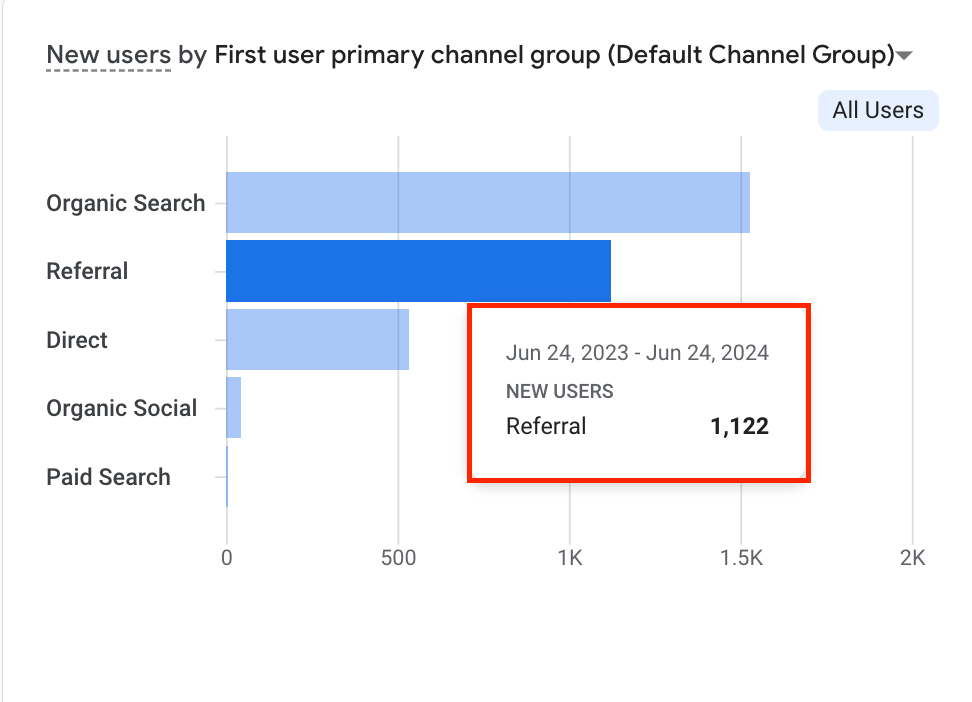
Measuring Impact With Google Analytics
Use Google Analytics 4 to measure the traffic to pages with the most backlinks.
You can compare and contrast the correlation between referring domains and page traffic.
If a page with numerous backlinks fails to produce traffic, the links may be low quality, or the page may have on-page or content issues that prevent the links from making a difference.
Types of Roofing Links
With over 1 billion websites, Google must distinguish between quality and spam.
Furthermore, the search engine must assign value points to specific links.
For example, anyone can create and claim business listings on directories like Yelp and Better Business Bureau.
Conversely, only the owner or employees of a roofing supplier brand can insert an editorial link on their official website.
That makes the second link in this scenario more valuable within the search engine algorithms.
To better understand this concept, let’s take a look at the types of roofing links:
NoFollow Roofing Links
NoFollow links are manually built on websites that give you total control of the link process.
Examples of NoFollow links come from business directories like Yelp and Angie’s List or any other platform that allows you to submit your URL and business information.
As a result of the process, Google only considers NoFollow links to be a hint of your website’s authority.
Despite the lesser value, local citation links remain a valuable resource for roofers.
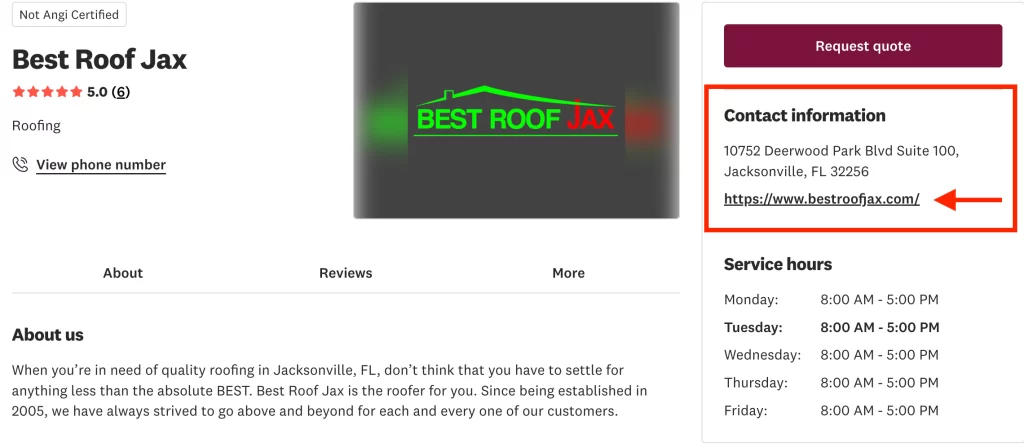
DoFollow Roofing Links
DoFollow Roofing links hold 100% link equity for search engines.
They are links built by 3rd parties who hold editorial control of the link’s placement.
Examples of these links include roofing blogs, local newspapers, and local contractor or business websites (typically in a similar but slightly different industry.
Google sees DoFollow backlinks as a vote of confidence from the linking website to the linked page.
Conversely, DoFollow links from spam websites were once considered harmful because endorsements from spammers or scammers may reflect poorly on the endorsee.
However, this calculation led to black-hat SEO attacks, in which competitor websites maliciously built spam links to their rival websites in hopes of devaluing their authority.
Luckily, Google’s algorithm has advanced to ignore most spam links rather than assigning them negative values.

How To Build Roofing Links
Link building is a process that requires strategy, authority, and some good fortune.
The link-building process is much different in 2025 than at Google’s inception.
When Google first launched, building links was easy, and search engines rewarded spam.
Any roofer could create blog comment links with their exact keyword linked to the preferred page and watch as it ranked instantly.
Google’s algorithm updates put link spam to rest for a good reason.
Building links now requires genuine effort.
Create Linkable Assets
The best way to acquire links is by creating linkable assets through high-quality roofing content.
Whether it’s a detailed blog post about monitoring your roof for ice dams or an e-book about selecting a licensed roofing company, the content naturally attracts the links.
Bloggers constantly look for quality content to cite within their posts and link them to credit.
Additionally, linkable assets allow you to perform email outreach to blog writers and journalists who may be looking for good content.
Email Outreach
Email outreach remains one of the better ways to build links.
Be careful, however, and never exchange money for links.
The idea is to identify relevant roofing websites that may want to link to your content.
These can be roof bloggers, roofing suppliers, or even real estate agents who need to refer a roofing company for their clients.
Look for broken links on relevant web pages and email the webmaster offering your content as a suitable replacement link.
You can also suggest a good spot for your link as long as it truly adds value to the reader’s experience.
Submit NAP Citations
We mentioned NoFollow links previously, and building them is much easier.
Check out the roofing directory list and start submitting your contact information (along with your website URL) to each platform.
These links help solidify your company as legitimate and can also help you get some referral traffic or lead generation.
Steer clear of shady-looking directories since they might do more harm than good.
In contrast, ensure your listing appears on significant platforms like Yelp, HomeAdvisor, and Angi.

Guest Posting
Guest posting is a controversial yet sometimes effective link building method for roofers.
The method works by contacting relevant website publishers and asking if you can submit a guest blog post on their site, which will include links back to your site.
Unfortunately, the guest post method has been abused for the past decade to the point that Google treats most guest post links as spam.
You’ve probably noticed your email inbox has requests for guest posts from various sources, mainly irrelevant to the roofing industry.
While guest posts can still work under the right conditioners (a highly relevant website), it is not a method your company should rely on for its link building strategy in 2025.
Local Community Engagement
Engaging with your local community can organically result in valuable backlinks to your roofing site.
Whether you sponsor an event or a Little League team, a credible website can link back to your roofing homepage.
Attending local events and networking with other businesses and entities within your service area will increase the number of these opportunities.
Link Gap Competitor Analysis
Using tools like SEMRush and Moz, you can compare your site’s link profile to that of competitors.
With Link Gap Analysis, you can determine which domains link to your competitors but not to you.
If you notice two or more of your competitors have a backlink from the same website, you may be able to pursue a link from the same domain.
You can further compare your backlink profile to those of successful roofing companies in other states.
While not every domain will be relevant enough to pursue yourself, you can understand its general link-building strategy and replicate it in your own region.
Backlink Monitoring for Roofing Websites
Some roofing links can do more harm than good, creating a need for backlink monitoring.
You can use tools like Google Search Console, Moz, SEMrush, and Ahrefs to monitor toxic backlinks.
Moz even shows a spam score indicating the toxicity of your backlink profile.
Although Google tries to ignore spam links, domains with thousands of toxic links can still have trouble getting indexed in prominent search engines.
Black-hat tactics from previous SEO companies may have put your roofing website in harm’s way.
Google allows website owners to submit disavow files that contain a list of toxic links they wish no longer to be affiliated with their website.
Here’s what you should be looking for while monitoring:
Anchor Text
One of the most apparent signs of link spam is dozens of instances of the same exact match anchor text.
For example, if you own a roofing company in Seattle, WA, and your backlink profile shows 200 links with the anchor text roof repair seattle, you know you have a problem.
Too many instances of the same anchor text appear unnatural to search engines and indicate that you’ve attempted to game their algorithm.
Such tactics can result in a manual action on your Google Search Console.
Luckily, Google tries to ignore spam links before penalizing them.
So, if someone maliciously builds those links as a negative SEO attack, Google won’t blame you for it.
Spam Score
We mentioned Moz’s spam score, which gives a general sense of a domain’s link profile.
Google does not acknowledge Moz’s spam score since they likely have their own internal metric to judge domains.
Nevertheless, Moz’s score gives you a general idea of whether your domain or a linking domain has a spam problem.
If you have links from a website with a high spam score, it will probably not help.
Depending on how shady the website and link appear, you may want to request its removal or add it to your disavow file.
Irrelevance
If you notice backlinks from irrelevant websites, requesting removal is best.
For example, an entertainment news website should not link to your website unless the article immensely focuses explicitly on roofing.
Another example of an irrelevant domain would be something in the medical field.
A plastic surgeon linking to your roof repair page creates a major red flag for the spam filters and will not help your pages increase ranking or authority.
What Makes a Good Roofing Backlink?
Now that you know the red flags to monitor, you may wonder: what makes a good backlink for roofers?
The qualities of a good backlink are very straightforward.
Once you identify the pillars of good links, you can look for opportunities for your roofing website.
Similarly, you can breathe a sigh of relief every time a strong website links to one of your roofing pages or blog posts.
These types of links ultimately boost your rankings on Google Search.
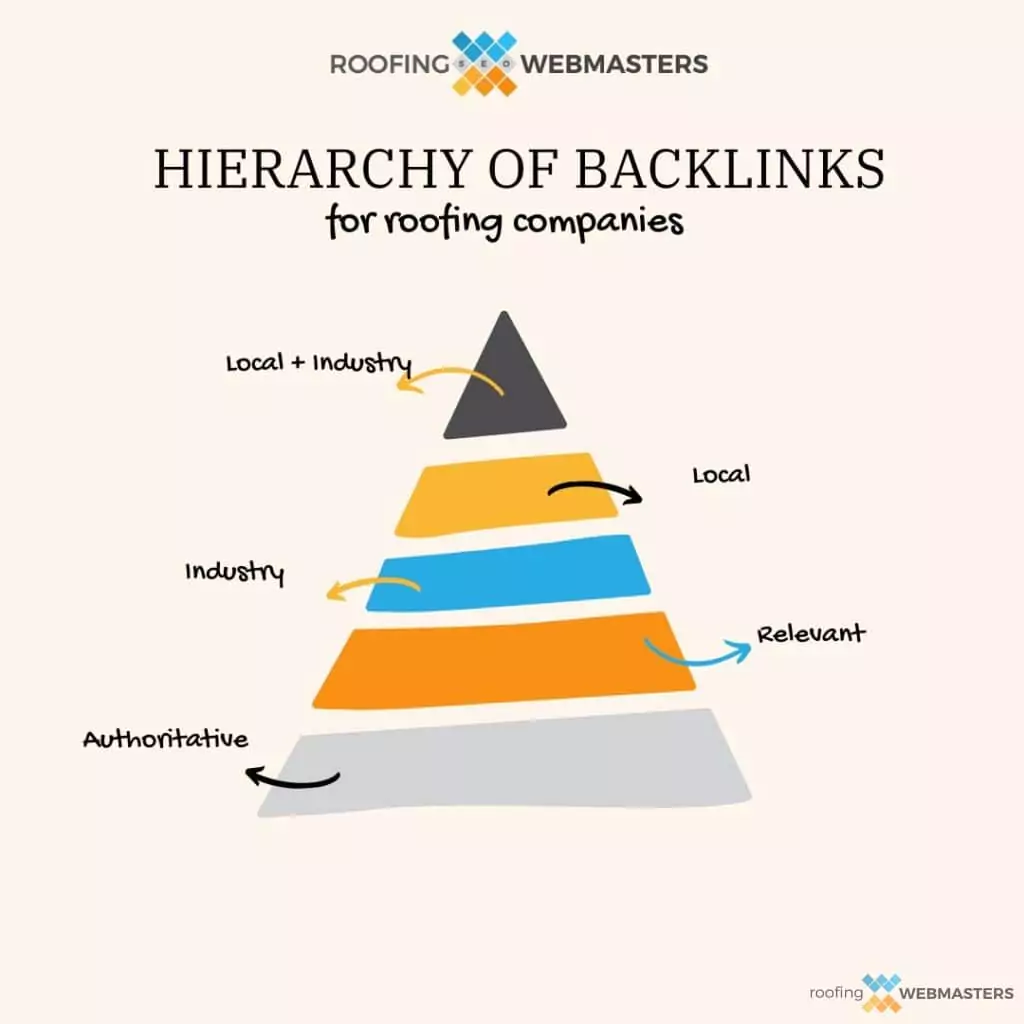
Indexing
The baseline standard for a worthwhile backlink is indexing.
In other words, links from pages that Google chooses not to index are 100% worthless.
If Google finds so little value in a page that it is not worth indexing, it holds true for any potential link equity to other sites.
You should remember this when building out citations for your roofing company.
While citations on renowned platforms like Yelp, Angi, and BBB will likely be indexed on Google, listings from lesser-known directories may not be.
So, if you’ve built 300+ citations, the links from about 100 might not count.
Domain Authority
Domain Authority (DA) is another Moz metric, and while Google does not acknowledge it, it remains a good indicator of a quality website.
A roofing website should have a Domain Authority between 20 and 30. Popular roofing blogs may have DAs between 50 and 70, while a local newspaper may have a DA in the 90s.
However, remember that a low Doman Authority does not automatically equate to spam.
A relevant link from a roofing website with a 5 DA can still build authority.
And as a white-hat link, the worst-case scenario is that Google ignores it.
Relevance
Relevance is critical for link building, and we cannot stress it enough.
A strong backlink appears within the body of the text and in the context of the rest of the page.
For example, a blogger writing about Dallas’s best roof repair companies can link to your website very relevantly.
The link helps the reader verify your existence and is highly valuable.
The relevance factor makes building linkable assets that much more critical.
The more good content you produce, the more chances you have for relevant links.
Traffic
Web pages that generate frequent traffic provide the best backlink opportunities for roofers.
Not only does traffic create more referral opportunities, but it also indicates the page’s value to Google.
A website that places your link on one of its most popular pages must truly believe your link adds value to its readers and helps them be informed.
Google notes such information and ascribes increased value to a link of such variety.
Anytime you can get a backlink from a popular web page, you are helping your SEO profile.
Placement
Link placement matters for roofer SEO.
For example, a link placed within the body content of a blog post holds more value than a link placed in the author’s profile.
Why? Because a link within the body is known as an editorial link.
It indicates to Google that the writer voluntarily added the link to its blog post to help inform the reader.
In contrast, a link in the author’s profile indicates something like a guest post, making the link less valuable because the author may have added the link for self-serving reasons.
Link Building Services for Roofing Companies
Roofing Webmasters offers link-building services for roofers throughout the United States. Ensure your provider only conducts white-hat link outreach when looking for link-building services.
Any money exchange violates Google’s Quality Guidelines and can result in a manual or algorithmic penalty to your website.
Additionally, even so-called white-hat links can hurt your website if the provider over-optimizes your anchor text.
For example, 100 links saying roofer in maryland all pointing to your homepage, is a blatant attempt to spam the algorithm.
Your best link-building option remains to create linkable assets through content marketing.
Roofing Webmasters offers marketing services to help you acquire natural and organic backlinks.
Our content team works around the clock to craft the best possible content for your website.
Your pages begin to earn links, particularly with DataPins check-ins naturally.
We look forward to discussing the specifics of your options when you sign up with Roofing Webmasters.

